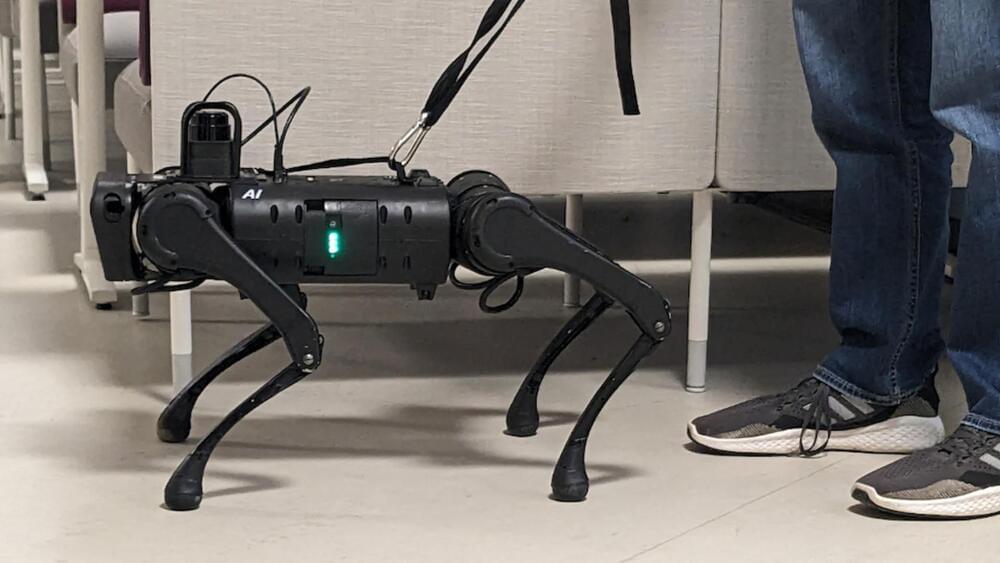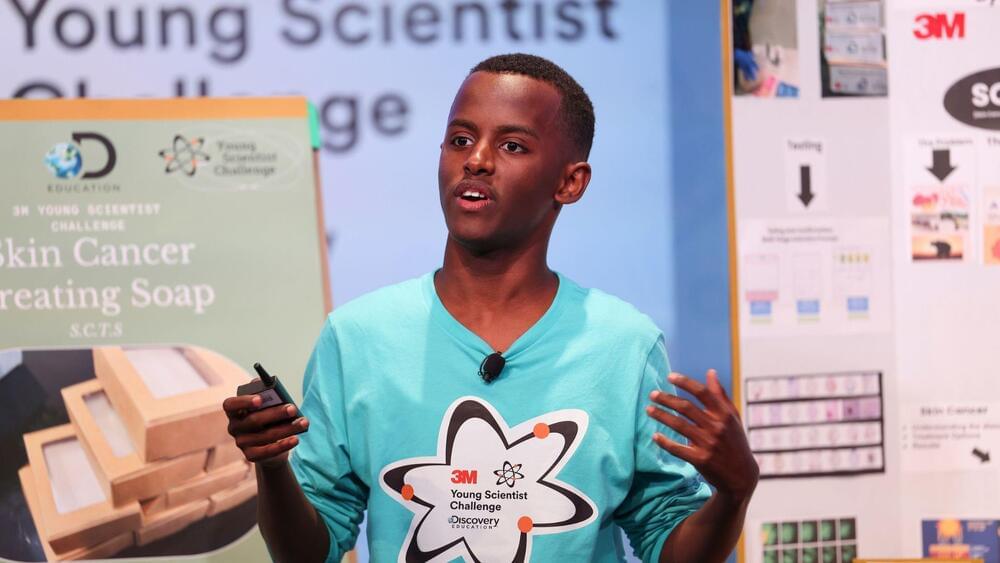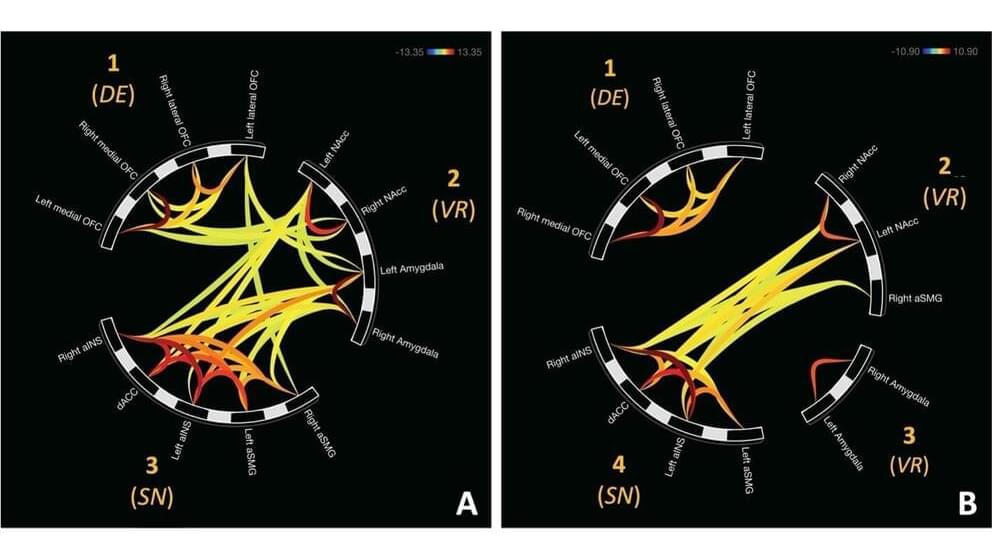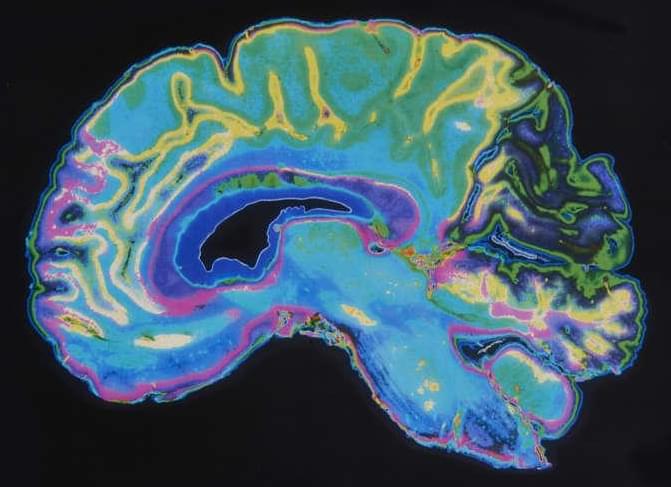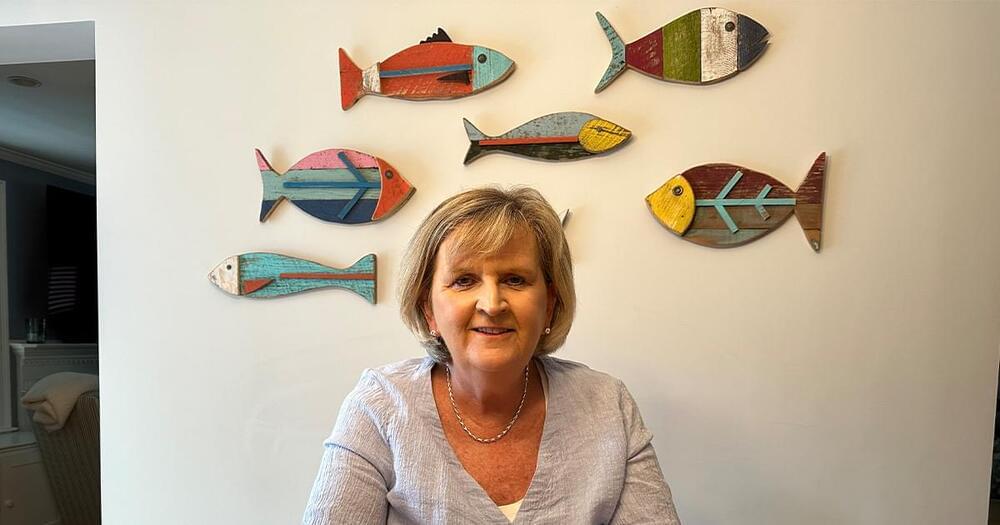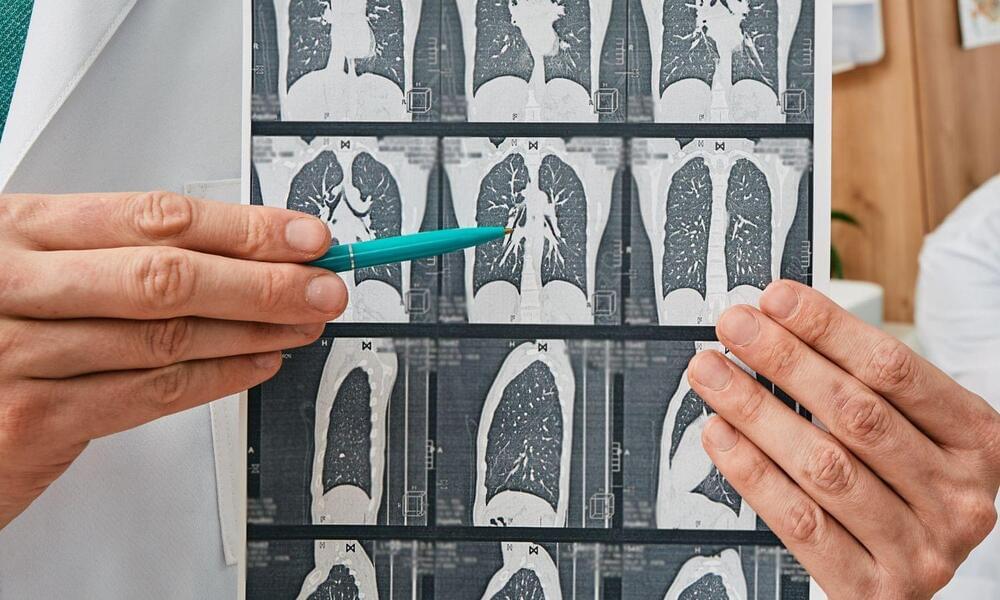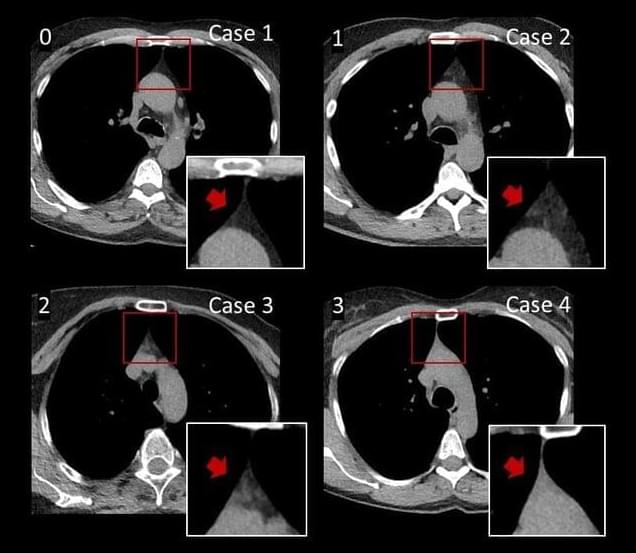Nov 1, 2023
Engineers create a robotic eye-seeing dog to aid the visually impaired
Posted by Gemechu Taye in categories: biotech/medical, health, robotics/AI
The robot guide dog possesses the ability to respond to tugs on a leash.
Researchers have created a robot guide dog to make life easier for the visually impaired with its ability to respond to tugs on a leash. The team of engineers at Binghamton University’s Computer Science Department in New York State has been developing a robotic seeing-eye dog to improve accessibility for those who are visually impaired. Last year, they performed a trick-or-treating exercise with its quadruped robotic dog.
Now, they have demonstrated a robot dog leading a person down a lab hallway, confidently and carefully reacting to directive instructions. Engineers were surprised that throughout the visually impaired… More.
Continue reading “Engineers create a robotic eye-seeing dog to aid the visually impaired” »
